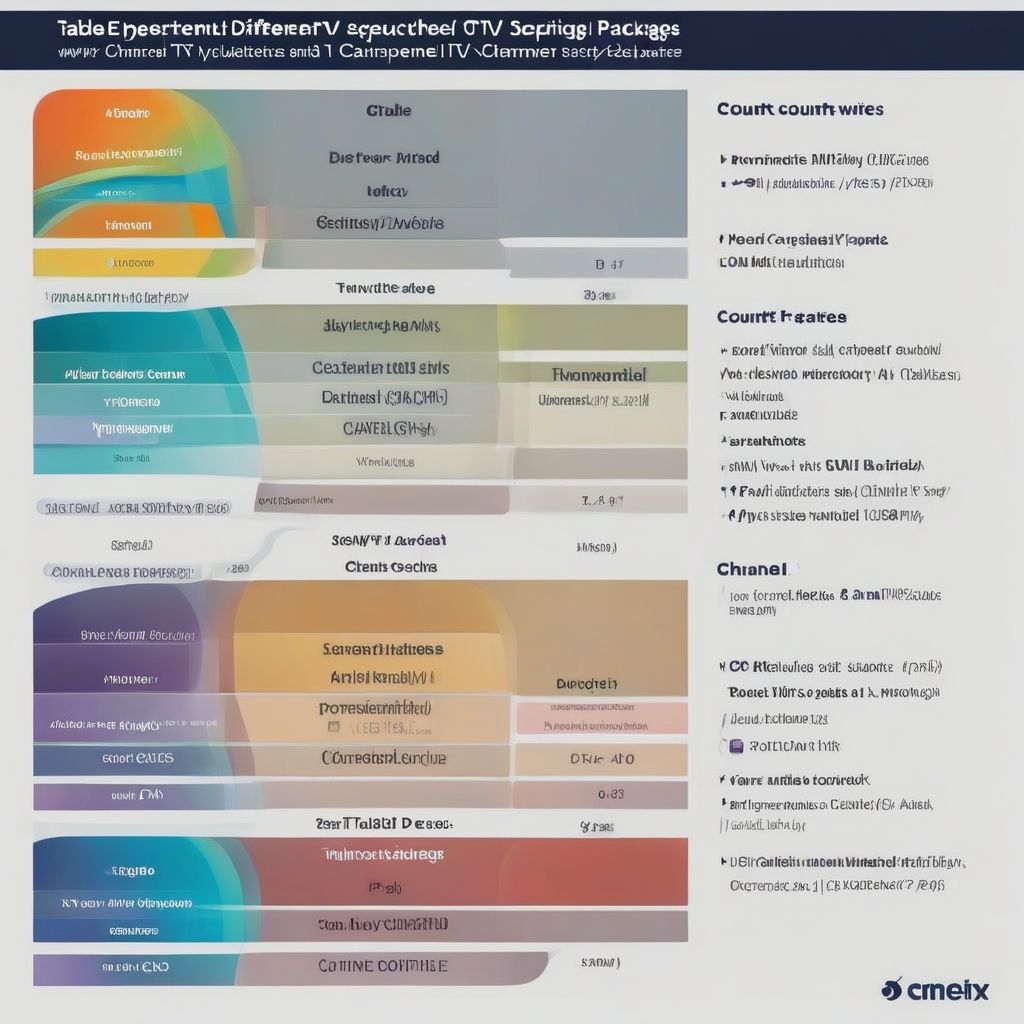In today’s digital age, businesses and consumers alike rely heavily on seamless and secure online transactions. At the heart of this ecosystem lie Payment Processing Services, the invisible engines that power our purchases, subscriptions, and money transfers. This article delves into the intricacies of payment processing, providing a clear and concise understanding of how it works, its significance, and the key factors to consider when choosing a provider.
What are Payment Processing Services?
Payment processing services act as intermediaries between merchants, customers, and financial institutions. They facilitate the intricate dance of authorizing, verifying, and transferring funds during a transaction. Whether you’re swiping your credit card at a physical store or clicking “Buy Now” on an e-commerce platform, payment processors work behind the scenes to ensure a smooth and secure exchange of value.
 Online Payment Gateway
Online Payment Gateway
How Do Payment Processing Services Work?
A typical payment processing transaction involves a series of steps:
- Initiation: The process begins when a customer initiates a purchase. This could be at a physical point of sale (POS) terminal or through an online checkout page.
- Authorization: The payment information, such as credit card details, is securely transmitted to the payment processor. The processor then contacts the customer’s issuing bank to verify the funds and obtain authorization for the transaction.
- Capture: Once the transaction is authorized, the payment processor captures the funds from the customer’s account.
- Settlement: The captured funds are then settled into the merchant’s account, typically within a specified timeframe.
Why are Payment Processing Services Essential?
The importance of efficient and reliable payment processing services cannot be overstated, especially in today’s competitive business landscape. Here’s why:
- Increased Sales and Revenue: By offering multiple payment options and ensuring secure transactions, businesses can attract a wider customer base and minimize abandoned carts.
- Enhanced Customer Experience: Seamless and hassle-free payment experiences foster customer loyalty and satisfaction, leading to repeat business and positive brand perception.
- Improved Cash Flow Management: Automated payment processing streamlines accounting and reconciliation, providing businesses with better visibility and control over their finances.
- Reduced Risk of Fraud: Reputable payment processing services employ robust security measures, including fraud detection and prevention tools, to protect both businesses and customers from financial losses.
Choosing the Right Payment Processing Service: Factors to Consider
Selecting the right payment processing service is crucial for any business, big or small. Here are some key factors to consider:
- Fees: Payment processors typically charge various fees, including transaction fees, monthly fees, and chargeback fees. Understanding the fee structure is essential for cost optimization.
- Security: Look for providers that offer industry-standard security measures like PCI DSS compliance, tokenization, and fraud detection tools to ensure the safety of sensitive data.
- Integration: Choose a service that seamlessly integrates with your existing business systems, such as your e-commerce platform, accounting software, and POS system.
- Customer Support: Reliable customer support is crucial, especially in case of technical issues or disputes. Look for providers that offer responsive and knowledgeable support channels.
Common Questions about Payment Processing Services
Q: What is the difference between a payment processor and a payment gateway?
A payment gateway is like the virtual equivalent of a physical POS terminal. It securely captures and transmits payment information from the customer’s device to the payment processor. The payment processor then handles the authorization, capture, and settlement of funds.
Q: What are the different types of payment processing services?
Payment processing services cater to various business needs and models. Some common types include:
- Merchant Accounts: These accounts allow businesses to accept credit and debit card payments directly.
- Third-Party Processors: These providers offer a simplified setup process and often integrate with popular e-commerce platforms.
- Mobile Payment Processors: These services cater specifically to businesses that process payments through mobile devices.
Conclusion
In the digital age, understanding payment processing services is essential for businesses of all sizes. By partnering with a reputable and reliable provider, businesses can streamline their operations, enhance customer experience, and navigate the complexities of online transactions with confidence. Remember to carefully consider your specific needs, budget, and security requirements when choosing a payment processing service to ensure a seamless and secure payment experience for both you and your customers.




